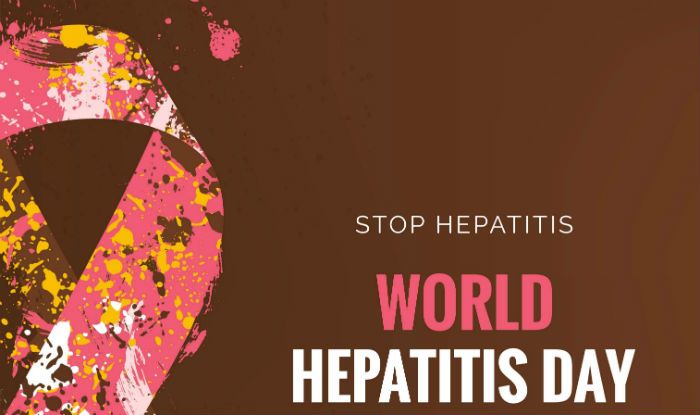The need to spread awareness about Hepatitis in this day and age has become one of necessity for sure. So, this year, on World Hepatitis Day, let us have a look at the various aspects of this, from how it can be prevented to how it can be treated, everything you want to know about this disease is right here! Have a read!
What is it?
Hepatitis is essentially a liver condition that causes inflammation and is usually caused by a viral infection. However, there might be other causes as well. Autoimmune hepatitis, which occurs when your body ends up making antibodies against your liver and hepatitis that usually occurs as a result of exposure to drugs or alcohol are also very common.
There are many functions that your liver performs in order to keep your body running and healthy. These can include but are not restricted to:
- Filtering out the toxins from your body.
- Produces many blood proteins like albumin
- Helps in the breakdown of carbohydrates, fats, and proteins
- Production of bile which is essential for the digestion process as a whole.
Types:
As you might already be aware of it, there are close to 5 types of hepatitis that exist. Hepatitis A, B, C, D, and E are the main types.
Hepatitis A:
Caused by the Hepatitis A Virus (HAV), this is one of the most common types of Hepatitis and is basically caused/transmitted via contaminated food or water!
Hepatitis B:
Hepatitis B is another type of the disease that occurs when a person comes in contact with contaminated bodily fluids like blood, urine, etc that have the HBV (Hepatitis B Virus). Sharing a shaving razor with an infected person or indulging in injection drug use will also put one at risk of contracting the disease.
Hepatitis C:
Caused by the HCV Virus, it is very similar to HCB and is also spread through coming into direct with infected bodily fluids, particularly from sexual contact with an infected person.
Hepatitis D:
Known as Delta Hepatitis, it is a serious liver disease caused by HDV and is caused due to coming into direct contact with infected blood. However, HDV virus cannot exist on its own and occurs along with the Hepatitis B infection, as the D virus cannot multiply without the help of the B virus.
Hepatitis E:
Found in areas mostly with poor sanitation, Hepatitis E is caused by HEV virus and is a water-borne disease. Caused essentially by the ingestion of faecal matter that contaminates the water, the disease can also lead to serious health issues.
Symptoms:
The symptoms of acute hepatitis include:
- Dark urine
- Loss of appetite
- Drastic Weight loss
- Abdominal pain
- Fatigue
- Pale Stool
As the symptoms of hepatitis usually develop slowly, you may not be able to notice them till later.
Diagnosis:
There are many ways via which Hepatitis can be diagnosed:
- Health History: Your doctor will determine the risk factors (if any) in your health history and figure out whether you may or may not have infectious or non-infections hepatitis.
- Liver Functions test: A kind of blood test, that will help your doctors determine how effectively your liver is working. If the results are slightly abnormal, then that in itself might be an indication that you might have a health issue.
- Ultrasounds: Ultrasounds will help detect whether there is fluid build up in your abdomen, liver enlargement or abnormalities in your gallbladder, thus helping your doctors take action further.
Prevention:
Prevention is always better than a cure for sure and by keeping a few tips in mind, one can ensure that hepatitis does not become a part of their lives:
- Maintain Good hygiene
- Avoid eating raw and cut up fruits
- Undercooked oysters or shellfish
- Not sharing shaving blades
- Not using the same toothbrush as someone else’s
- And not touching spilled blood
- Practicing safe sex by using condoms
Vaccinations:
Vaccinations are available readily nowadays for HAV and HBV and the vaccinations for Hepatitis C are being developed. So make sure you get yourself vaccinated against both A and B Hepatitis so that your liver health does not get compromised in the long run.

